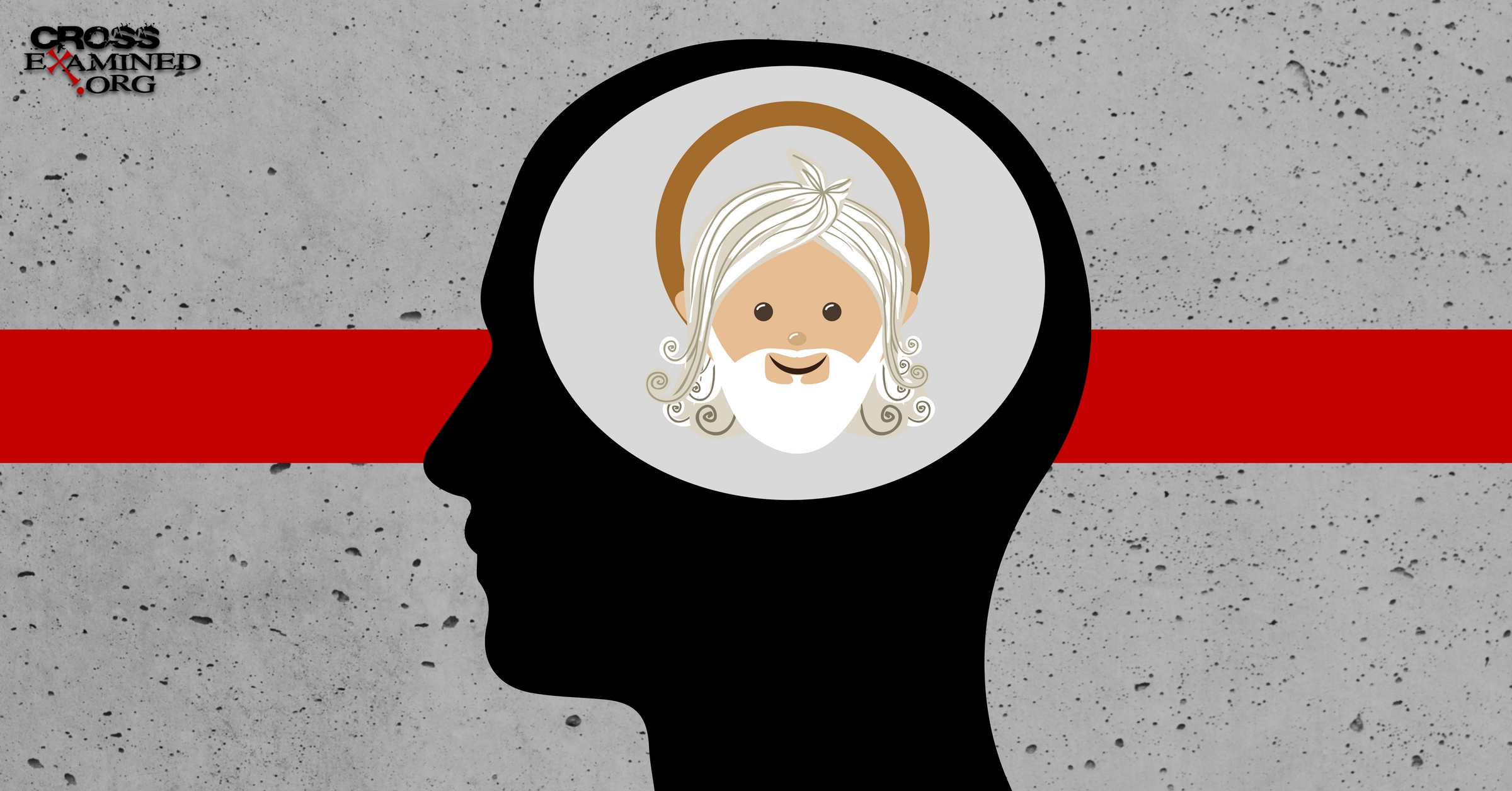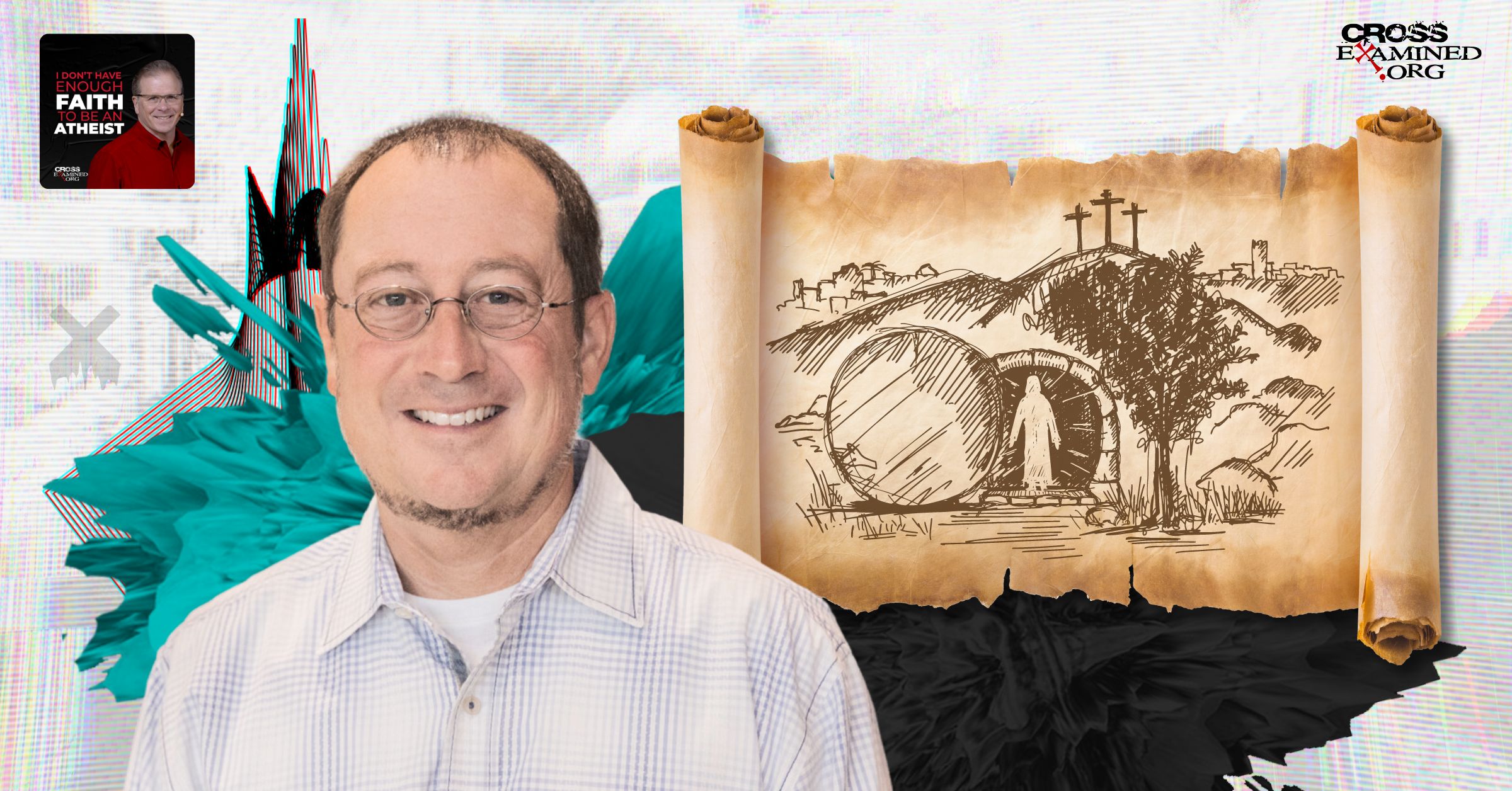What Philosophy Is, And Why You Can’t Avoid It
Many Christians believe that philosophy is a pagan discipline practiced either by ivory tower professors or Starbucks hippies. This belief has led some to object to the relevance of philosophy, as either they believe only a few can do it, or that it deals with such weird and abstract issues that it is a waste of time. Many Christian theologians object that philosophy is rooted in paganism, and thus has no place in Christian theology. After explaining what philosophy is, it should become clear that not only do these objections fail, but philosophy is unavoidable.
For the Love of Wisdom…
‘Philosophy’ literally means “love (phil) of wisdom (sophia).” It is the quest for knowledge, truth, and how to live the good (moral) life.
Fields of Philosophy
There are several branches of philosophy. One, and the most foundational, is metaphysics. Metaphysics is the study of being, or what it means to be real. While biologists study life insofar as things are living, and mathematicians study being as quantified, and physicists study being that is physical or in motion, the metaphysician studies what it means to “be” in general. They ask questions like, what is the difference between Snoopy and a beagle one can take for a walk?
Another branch of philosophy is epistemology, which is the study of knowledge. Epistemologists ask questions like, “How can knowledge be attained,” “What is knowledge,” and “Is there a difference between knowledge and belief?”
Moral philosophy seeks to know what it means to be good in the moral sense. Where does goodness come from, and what makes something good?
Logic studies right reasoning and the mistakes (fallacies) that are sometimes made when trying to make a rational argument.
Aesthetics studies the nature of beauty, and asks “What does it mean to be beautiful? Is beauty objective?” And so on.
From these categories there are any number of other philosophical fields. The philosophy of math deals with the nature of numbers, and asks if numbers are real (e.g. does the number 4 actually exist). In other words, it deals with the nature of math. Philosophy of science deals with the nature of science. The philosophy of history deals with the nature of history and historical knowledge. My area is philosophy of religion, which deals with issues like God’s existence, nature, how we talk about him, the problem of evil, and the nature of miracles.
Is Everyone a Philosopher?
When you say something that purports to be true, you are talking about reality, and are claiming to know something. You are also making a logical claim. Further, you are assuming (explicitly or implicitly) a certain view of how language works (philosophy of language). Even if you are just talking about the tree in your front yard, you are saying something about the tree’s existence and nature. I am not saying that everyone is a “philosopher” in the strict, academic sense. What I am saying, is that it is not possible to make statements about the world, God, or the Bible without taking philosophical positions, regardless of if you are aware of them or not.
Theology Can’t Avoid Philosophy
The same holds true for theology and biblical studies/interpretation. We cannot make theological claims without using philosophy. For example, when we talk about Jesus taking on a human nature, we must understand what a “nature” is. This is a philosophical category. When a scholar says that biblical interpreters cannot be objective due to their biases, this is a philosophical statement about the nature of objectivity, bias, the knower, and the knowing process.
Far from this being a pagan practice, it is how God made us. He made us rational beings. This is what makes us different from other animals. Philosophy is useful and unavoidable. Instead of trying to avoid it, we should try to become better philosophers, and worship God with our minds.
“Teacher, which is the greatest commandment in the Law?”
Jesus replied: “‘Love the Lord your God with all your heart and with all your soul and with all your mind.’ This is the first and greatest commandment.”
Matthew 22:36-38
Recommended resources related to the topic:
How Philosophy Can Help Your Theology by Richard Howe (MP3 Set), (mp4 Download Set), and (DVD Set)
Your Most Important Thinking Skill by Dr. Frank Turek DVD, (mp4) download
Counter Culture Christian: Is the Bible True? by Frank Turek (Mp3), (Mp4), and (DVD)
When Reason Isn’t the Reason for Unbelief by Dr. Frank Turek DVD and Mp4
J. Brian Huffling, PH.D. have a BA in History from Lee University, an MA in (3 majors) Apologetics, Philosophy, and Biblical Studies from Southern Evangelical Seminary (SES), and a Ph.D. in Philosophy of Religion from SES. He is the Director of the Ph.D. Program and Associate Professor of Philosophy and Theology at SES. He also teaches courses for Apologia Online Academy. He has previously taught at The Art Institute of Charlotte. He has served in the Marines, Navy, and is currently a reserve chaplain in the Air Force at Maxwell Air Force Base. His hobbies include golf, backyard astronomy, martial arts, and guitar.
Original Blog Source: Brian Huffling












Leave a Reply
Want to join the discussion?Feel free to contribute!